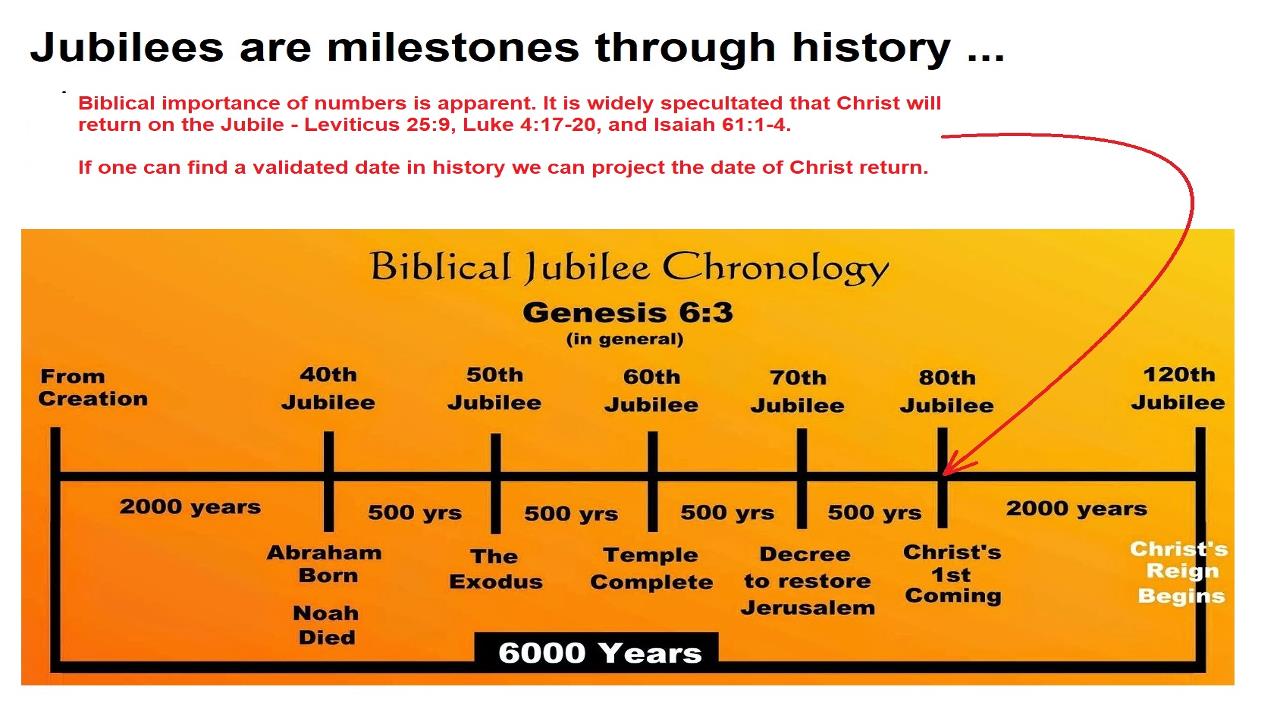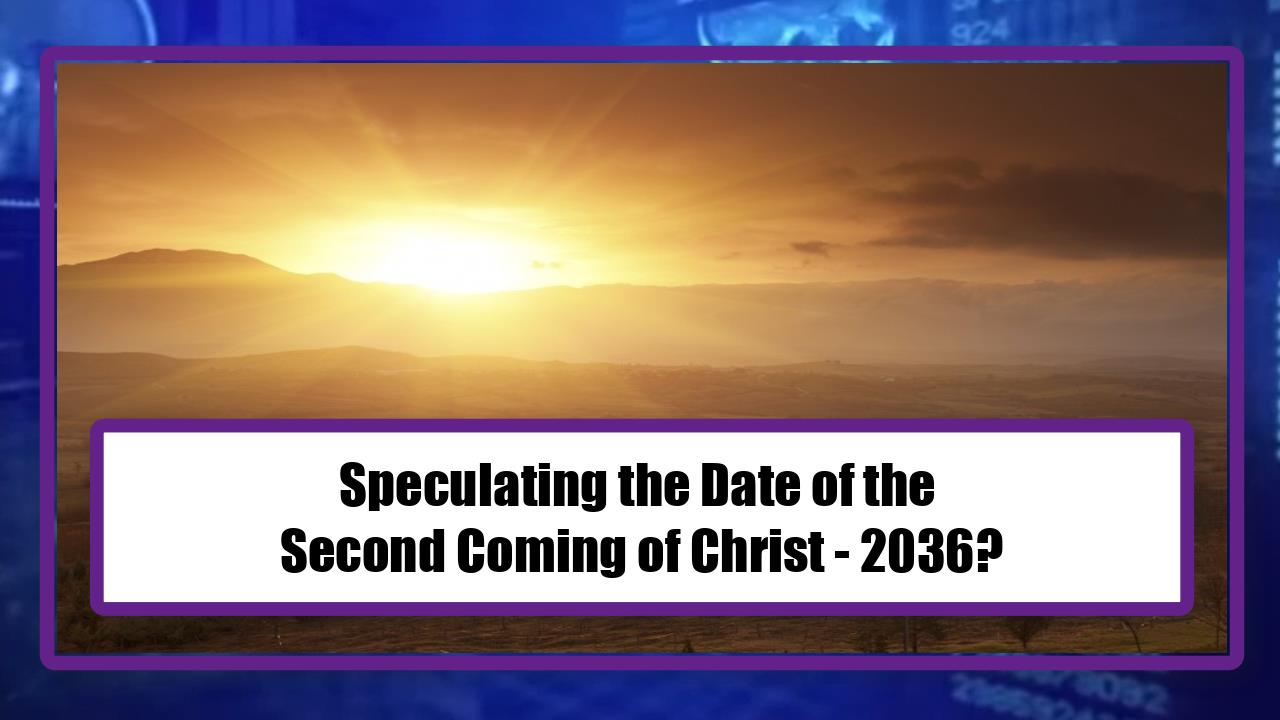Video:
Take our online poll:
AI Analysis:
Beliefs about the end of the age and the return of Christ are rooted in religious interpretations, particularly within Christian theology. Different denominations and individuals may have varying views on eschatology (study of end times), and interpretations often depend on the specific passages of the Bible considered. Key elements contributing to the belief in an end-time scenario include:
1) Biblical Prophecies: Many believers point to specific prophecies in the Bible, such as those found in the books of Daniel, Ezekiel, and Revelation, as indicating events leading to the end times.
2) Second Coming of Christ: The belief in the return of Jesus Christ is central to Christian eschatology. Verses in the New Testament, like those in the Gospels and the Book of Revelation, describe this event.
3) Signs and Events: Some interpret current events or global occurrences as aligning with prophetic descriptions of signs that precede the end times, such as wars, natural disasters, and societal upheavals.
4) Figurative Language: Interpretation of apocalyptic and prophetic passages often involves understanding figurative language, symbols, and metaphors, making it subject to diverse perspectives.
5) Historical Context: Different Christian denominations may have varying historical perspectives on the fulfillment of prophetic passages. Some interpret them as having been fulfilled in historical events, while others view them as yet to come.
Beliefs about the end times and apocalyptic scenarios are not exclusive to Christianity. Many religions and belief systems around the world have their own eschatological narratives and views on the ultimate fate of humanity and the world. Here are a few examples:
Islam: In Islam, the end times are referred to as the "Day of Judgment" or "Yawm al-Qiyamah." Islamic eschatology includes the resurrection of the dead, judgment of all deeds, and the ultimate reward or punishment in the afterlife. Various signs and events leading up to the Day of Judgment are mentioned in Islamic texts.
Judaism: While Jewish eschatology doesn't have a central focus on an individual messianic figure like Christianity, there are beliefs in a future era of peace and justice, often associated with the coming of the Messiah. Jewish eschatological views can vary among different branches and sects.
Zoroastrianism: Zoroastrianism, one of the world's oldest monotheistic religions, includes beliefs in a final battle between good and evil, the resurrection of the dead, and the ultimate triumph of the forces of good.
Hinduism: Hindu eschatology is complex and varies among different traditions. Concepts such as cycles of creation, preservation, and dissolution (pralaya) are central. Some Hindus believe in a future avatar (incarnation) of Lord Vishnu, Kalki, who will bring an end to the current age of darkness.
Buddhism: Buddhism generally doesn't emphasize a final apocalyptic scenario. Instead, it focuses on the cycle of birth, death, and rebirth (samsara). However, some Buddhist traditions include cosmological views about the eventual decline and renewal of the world.
It's important to note that interpretations of end-time events are diverse, and not all Christians subscribe to a specific timeline or set of beliefs. Additionally, these beliefs are matters of faith and may not align with secular or non-religious perspectives.
While some individuals and groups throughout history have predicted specific dates for the end times, such predictions have often been met with skepticism, as they have not materialized. Scholars and theologians caution against making precise predictions about the timing of apocalyptic events, emphasizing the importance of humility and a nuanced understanding of religious texts.
Chart:

References:


Comments